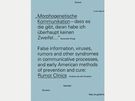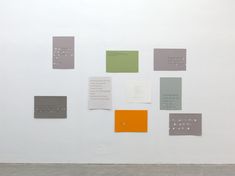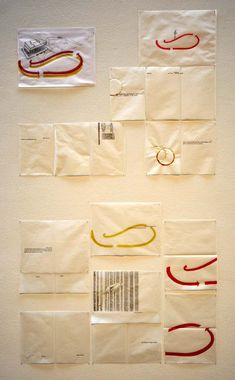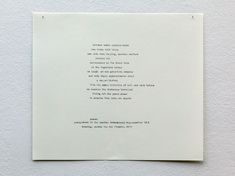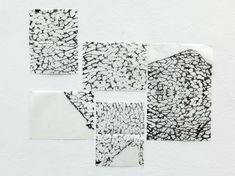Andrea van der Straeten
Andrea van der Straeten was born in 1953 in Trier, Germany. She studied German and Political Science in Marburg, Visual Communication at the Hamburg University of Fine Arts and at the University of Applied Arts in Vienna with Maria Lassnig. She completed artist residences in Venice (2013 and 2010, Emily Harvey Foundation) and Rome, Italy, in Paris (Cité des Arts), France and New York (ISCP), USA. From 2002 to 2018 she held a professorship at the University of Art in Linz, for Experimental Design. In 1997, she received the Robert Schuman Prize for Visual Arts. In 2005, she won the Austrian Graphic Prize, Innsbruck. In 2008 she was awarded the Kunstwürdigungspreis of the city of Linz for visual arts and in 2014 the Kulturpreis of the province of Upper Austria for photography.
The artist has participated in numerous group exhibitions, including 2021 Kunsthaus Mürz and Kunsthalle im Taxispalais Innsbruck, Tyrol; 2020 The Galaxy Museum of Contemporary Art, Chongqing, China; 2018 Museum der Moderne Salzburg; 2014 Leopold Museum Vienna; 2013 Generali Foundation Vienna; 2012 Museum moderner Kunst Stiftung Ludwig (mumok), Vienna; and 2009 Lentos Kunstmuseum Linz. Solo exhibitions dedicated to her include Casino Luxembourg - Forum d'art contemporain in 2003, Landesgalerie Linz in 2012, Styrian Autumn in 2002, CCS Bard Galleries, Annandale on Hudson, New York in 2010, Neue Galerie Graz in 1994, Wiener Secession, Vienna and Forum Stadtpark, Graz in 1991. Andrea van der Straeten has lived and worked in Vienna since 1987.
Andrea van der Straeten practices institutional critique and focuses in her artistic work on the fundamental mechanisms of art production and its historical contexts. She works conceptually in the media of drawing, photography, film, and video, and designs artist books. The artist is particularly focused on language, literature, and aspects of linguistic criticism in general. Among other things, she is interested in everyday language and the forms of expression of political, especially feminist, subversive subcultures of the 1960s and 1970s, in which potentials of political violence and rebellion against power structures are represented. In addition, she is concerned with the "revisitings" or so-called "reconsiderings" of these cultures in connection with political events and with literary sources against the background of historical contexts. The Generali Foundation's collection includes a group of laser prints, so-called "laser cut outs," which are words and sentence fragments radically cut into the paper with a laser, doubling—in purely technical terms—the aggression potential of the content. In contrast to these precise lines, van der Straeten's hand drawings, delicate pencil formations on thin, highly sensitive glassine ("pizza paper")—a packaging material used in retail and gastronomy—appear delicate and vulnerable.
read more read lessBooks of artists
Andrea van der Straeten. Lauter Flüstern. Whispering Louder. Ed. Andrea van der Straeten. Texts by Kluge, Alexander; Fritz, Martin; Pfaller, Robert et al. Vienna: Schlebrügge.Editor, 2008.
